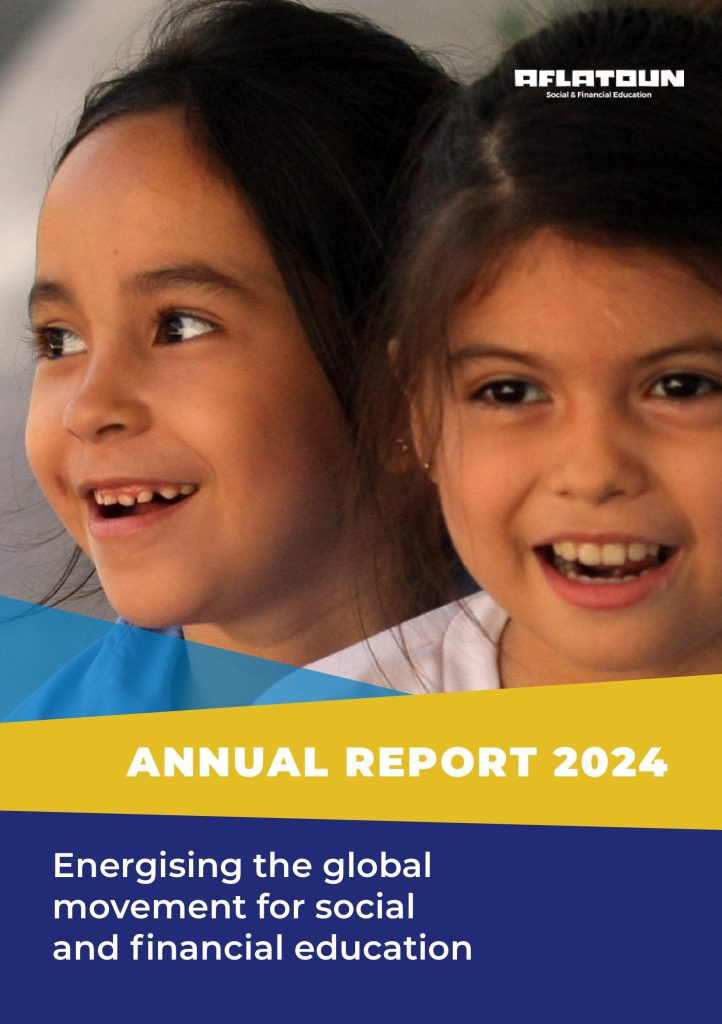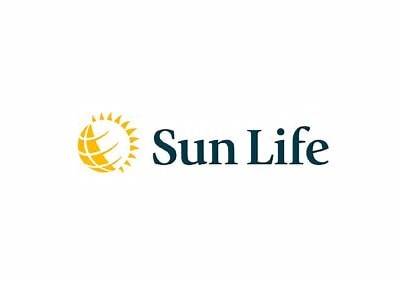We sat down with Ita, our Monitoring & Evaluation Manager to talk about the importance of International Women’s Day and why it is still relevant.
This year’s International Women’s Day theme is ‘An equal world is an enabled world’. Can you help us understand the key areas where equality is still lacking?
Ita: There are four key areas that either lack equality or have an impact on equal chances – financial access, education, work & poverty and child marriage.
Financial access
- Despite the progress in access to financial services around the world, the gap between women and men’s access still exisits.
- 4 out of 10 women in Sub-Saharan Africa have a bank account, compared with 5 of 10 men. In North Africa 2 out of 3 adults remains unbanked; the gender gap for access to finance services is 18 percent, the largest in the world.
Evidence suggest that an opportunity to close the persistent gender gap in access is to offer financial literacy to women and girls. Financially literate girls and women take informed decisions about their finances that have effect in their personal finances and the households.
Education
Today more girls than ever before are going to school. They attend school and they remain in school after the primary level. Thus, the chances of marrying at a young age is decreasing. If girls attend school, they become aware of the opportunities they have to develop and the future opportunities they could have.
However, 1 in 2 girls are still out of school in regions of South Asia, Africa and Latin-America. 15 million girls are not in primary school compared to 10 million boys. In adolescence, higher numbers of girls often drop out of secondary school for reasons including early pregnancy and the expectation that they should contribute to household work. (UNWomen 2020)
Child marriage
- Around the world, more than 650 million women and girls were married before their 18th birthday (UNFPA 2020).
- In 2017, 1 in 5 women between the ages of 20 and 24 reported they had been married as children. (UNFPA 2020)
Varieties of actions are needed to prevent and end child marriage. One of the most important is to advance in gender equality and ensuring community commitment to girls’ rights.
Additionally, young people should be encouraged to be aware of their rights. To achieve that it is important to provide them with accurate information about their sexual and reproductive health and life skills that fulfill their development as well as spaces to promote their participation in school and communities.
Work and poverty
The gender gap in the labor market shows that in the last two decades, there is not a positive shift in women (25-54 years) participating in the workforce.
Women continue to carry out a disproportionate share of unpaid care and domestic work. In developing countries, that includes tasks such as water collection, for which women and girls are responsible in 80 per cent of households that do not have access to water on the premises (UNWomen 2020).
- Girls who undertake a large amount of unpaid care work have lower rates of school attendance than other girls (Oxfam 2020).
- Nearly half the world subsists on $5.50/day or less, which is partially because income “accrues to those at the top,” mostly benefiting men, leaving those at the bottom further behind.
Finally, the quote from UNFPA 2020 sums up where our focus should be, “When vulnerable young people are empowered with knowledge, they can advocate for themselves, and even persuade their families to cancel or delay engagements.”
The work we are doing at Aflatoun International and with our partners is exactly about providing quality, relevant education to empower children and young people throughout the world. It is critical that we provide children and young people – girls and young women in particular, with the skills they need to feel empowered and ready for the 21st century.
References:
https://www.unwomen.org/en/news/in-focus/international-womens-day
https://www.unwomen.org/en/news/in-focus/women-and-the-sdgs/sdg-4-quality-education
https://www.unwomen.org/en/news/in-focus/women-and-the-sdgs/sdg-5-gender-equality
https://www.oxfam.org/en/research/time-care
https://inequality.org/gender-inequality/#gender-poverty-gaps












